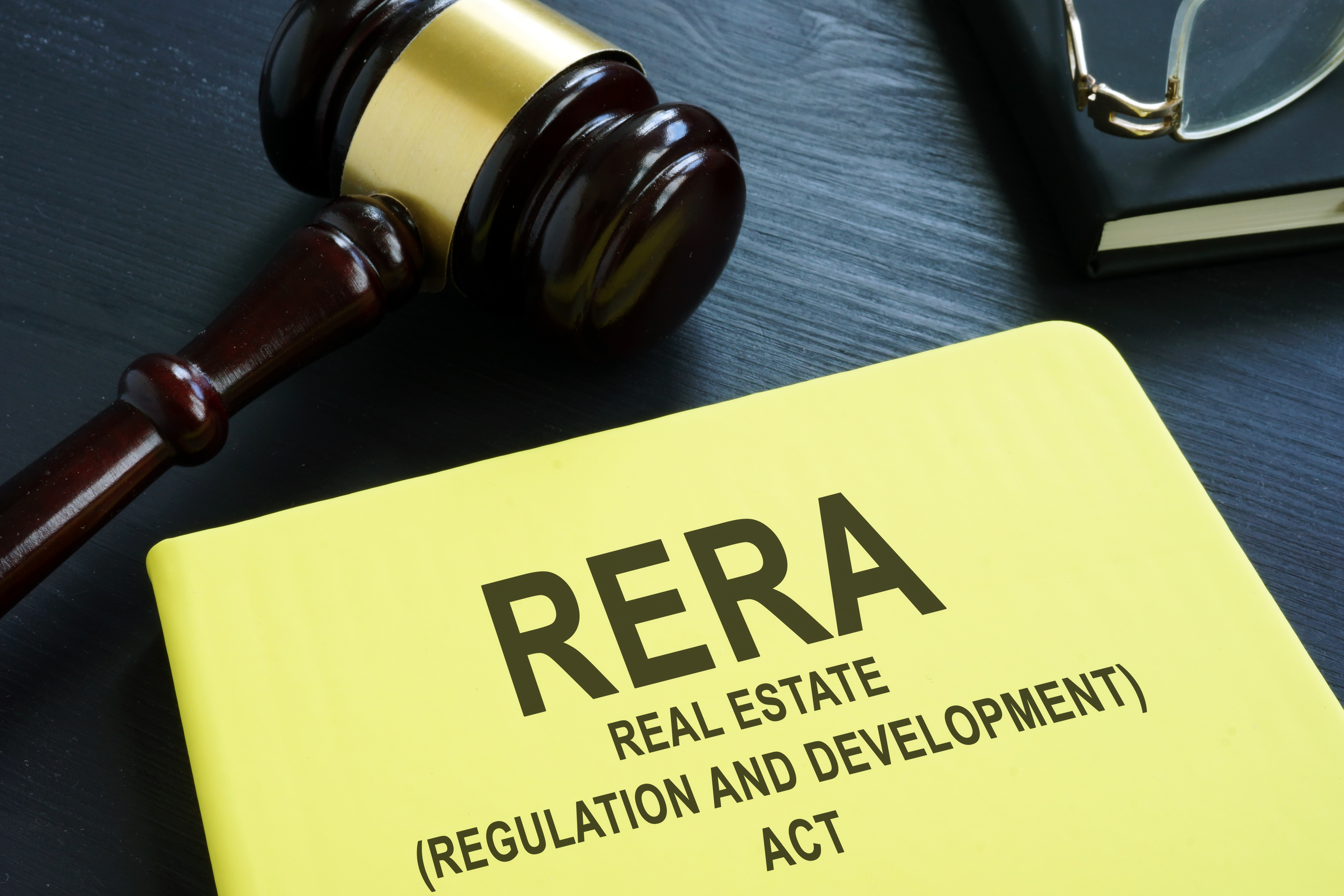
RERA Compliance – Builder and Buyer Issues Under RERA Act
The Real Estate (Regulation and Development) Act, commonly known as RERA, was enacted in 2016 to promote transparency, accountability, and efficiency in the real estate sector. The primary objective of RERA is to protect the interests of homebuyers while simultaneously ensuring that builders adhere to a standardized set of regulations. As the Act continues to evolve, both builders and buyers must navigate the complexities of compliance to ensure a smooth transaction process. This guide aims to demystify RERA compliance, outlining key issues faced by both parties and providing insights on how to address them effectively.
For builders, RERA compliance entails a comprehensive understanding of the regulatory framework that governs their operations. Builders are required to register their projects with the Real Estate Regulatory Authority (RERA) before advertising or selling any units. This registration process includes submitting detailed project plans, timelines, and financial disclosures. Failure to comply can result in penalties, including fines and the suspension of project approvals. Moreover, builders must maintain a separate bank account for project funds, ensuring that money collected from buyers is utilized solely for the construction of that specific project. This provision is designed to safeguard buyers' investments and minimize the risk of project delays or cancellations. Understanding these compliance requirements is crucial for builders to maintain their reputation and credibility in a competitive market.
On the other hand, homebuyers must also familiarize themselves with their rights and responsibilities under RERA. One of the most significant benefits of RERA for buyers is the assurance of timely project delivery. Builders are mandated to complete projects within the stipulated timeline, and any delays must be communicated to buyers with valid reasons. If a builder fails to deliver on time, buyers have the right to seek compensation. Additionally, RERA mandates that builders provide a warranty for structural defects for a minimum of five years, further protecting the interests of buyers. However, it is essential for buyers to be proactive in understanding these rights, as they can significantly influence their purchasing decisions and the overall satisfaction with their investment.
Another critical aspect of RERA compliance is the requirement for builders to provide detailed project information to buyers. This includes specifications, layouts, and amenities, which must be clearly outlined in the sale agreement. Transparency in communication is vital, as it helps build trust between builders and buyers. However, many buyers still encounter issues related to discrepancies between the promised features and the actual delivered product. To mitigate such risks, buyers should conduct thorough due diligence, including reviewing the builder's track record, project history, and customer feedback. Engaging legal counsel to scrutinize the sale agreement can also safeguard buyers from potential pitfalls, ensuring that they are fully informed before making a significant financial commitment.
The role of RERA also extends to grievance redressal mechanisms, providing both builders and buyers with a structured approach to resolving disputes. Under RERA, buyers can file complaints against builders for non-compliance, delays, or any other grievances related to the project. The regulatory authority is responsible for addressing these complaints within a specified timeframe, ensuring that buyers have a platform to voice their concerns. For builders, understanding the grievance redressal process is equally important, as it allows them to address issues proactively and maintain a positive relationship with their customers. By fostering open communication and ensuring compliance with RERA provisions, builders can enhance their reputation and reduce the likelihood of disputes arising in the first place.
In conclusion, RERA compliance is a multifaceted issue that impacts both builders and buyers in the real estate sector. For builders, adhering to the regulations set forth by RERA is essential for maintaining credibility and ensuring project success. Buyers, on the other hand, must be well-informed about their rights and the protections afforded to them under the Act. By understanding the intricacies of RERA compliance and actively engaging in the buying process, both parties can contribute to a more transparent and efficient real estate market. As the industry continues to evolve, staying abreast of regulatory changes and best practices will be crucial for fostering a healthy environment for real estate transactions.
